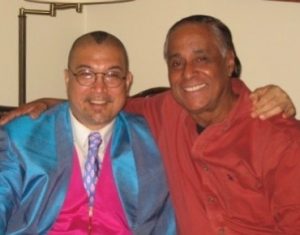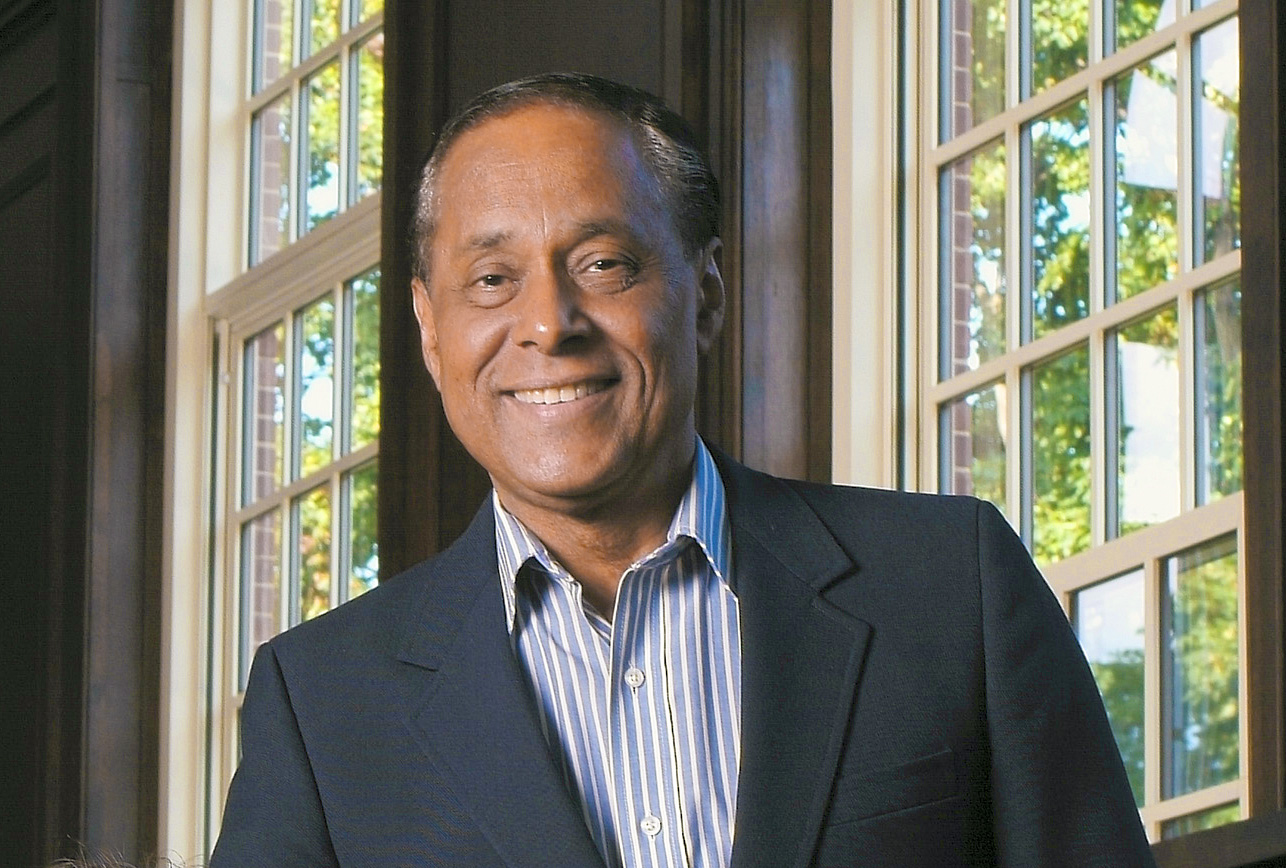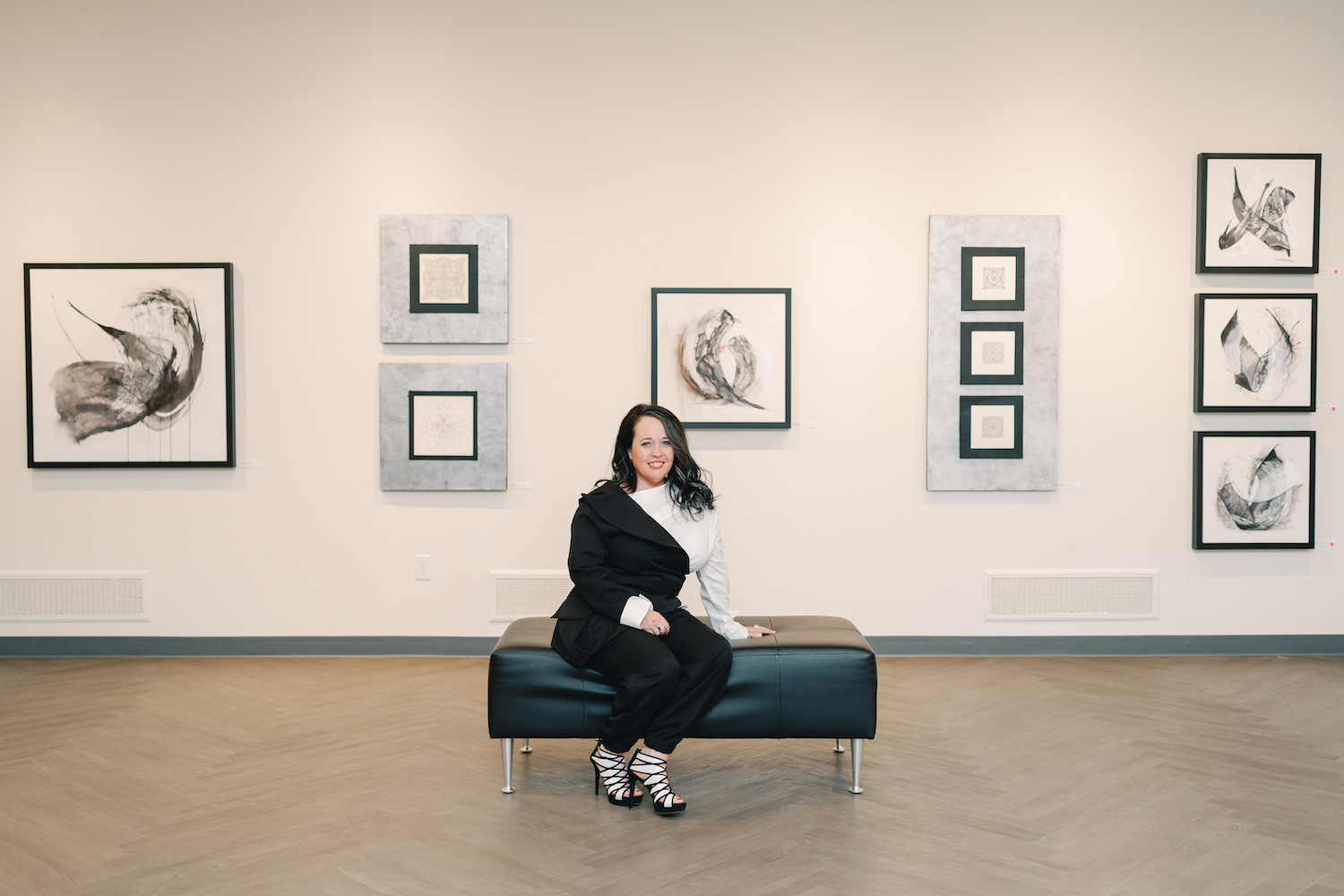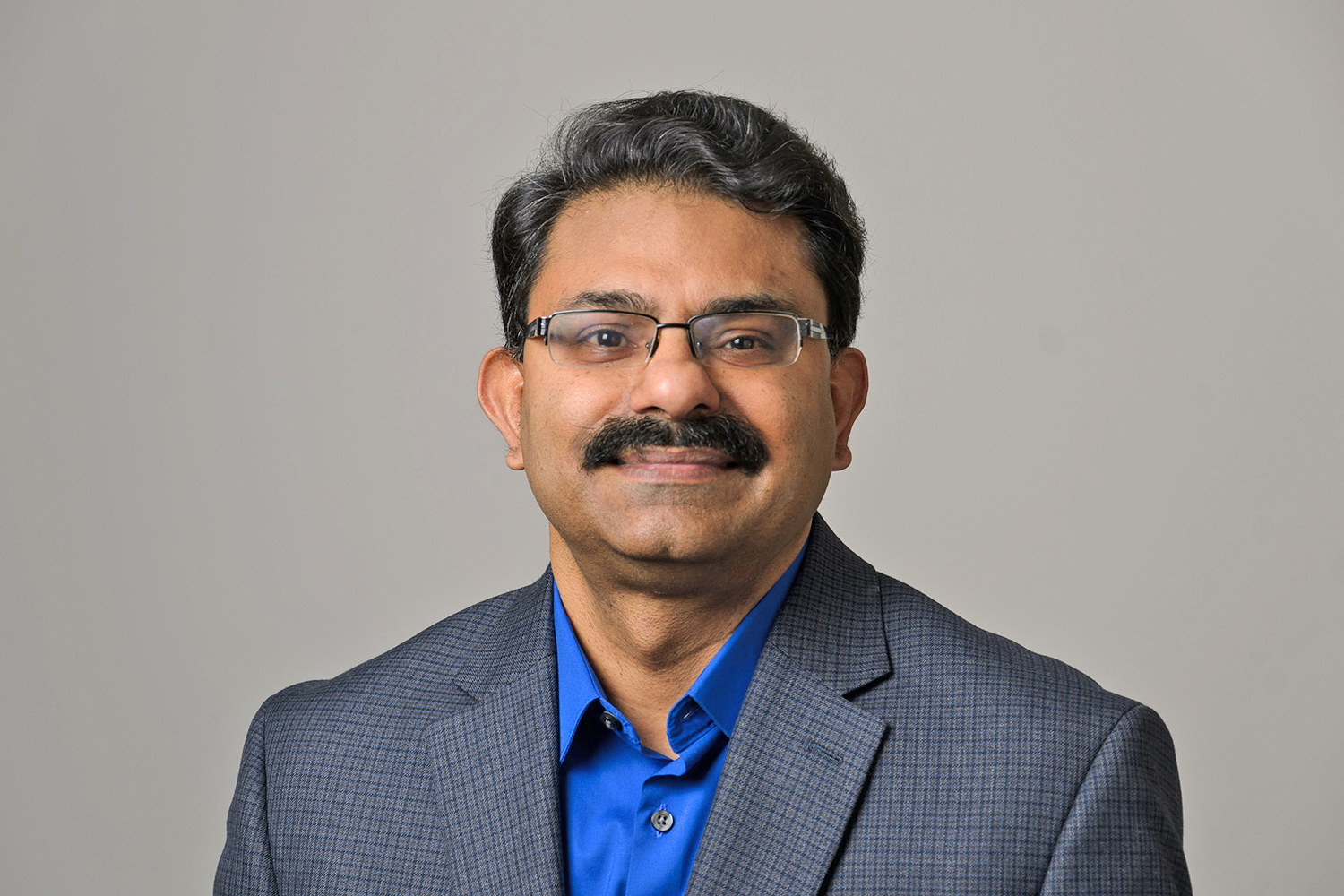[Editor’s note: Roger Buckley, professor of history at UConn since 1984, passed away earlier this month. Born in New York City in 1937, he earned a doctorate in British Empire history from McGill University in 1975. He was the founding director of the Asian American Studies Institute at UConn, and a passionate scholar who inspired generations of students. Details regarding a memorial service are still being finalized. Jason Oliver Chang, associate professor of history and Asian American Studies, pays tribute to Buckley in this article]
Educator, historian, novelist, activist, program builder, and community leader, these are all roles that Professor Roger Norman Buckley has played in his wide ranging professional career. He received his undergraduate degree from St John’s University, his master’s from Hunter College CUNY, and his doctorate from McGill University. After finishing his undergraduate studies, he taught high school, ran summer youth enrichment programs in New York, and taught community college. After finishing his doctorate, he became a professor and soon the chair of the Social Studies Program at Vanier College in Montreal. He joined the University of Hartford in 1980, as the director of the African American Studies program.
He came to UConn in 1984 to lead the Center for Academic Programs, also joining the History Department and quickly becoming, as colleague Jeffrey Ogbar described him, a “premier citizen” of the university. While serving as the founding Director of the Asian American Studies Institute in 1993, he pioneered the creation of an anti-racist, transnational, and interdisciplinary curriculum. While director, he put UConn on the national map of Asian American studies programs through a Filipino American studies conference and a pivotal gathering of the East of California group of Asian Americanists. Furthermore, he helped develop endowments to support the education, research, and programming needed to foster a rich intellectual culture dedicated to inter-racial justice movements led by the arts.
As I write now, reflecting on Professor Buckley’s legacy, I fail to find an aspect of my work at UConn which has not been paved by his pioneering labor over the course of more than three decades of teaching, research, and service. Professor Buckley would have never spoken of his own role this way. His long-time History colleague, Dick Brown, wrote of him: “Unpretentious and unassuming, Roger was always a generous and professional colleague.” His combination of humor, kindness, and the tireless work to lift up creative, intellectual, and scholarly work rooted in the conviction and courage to right wrongs was a defining quality that many will remember and miss.
Professor Buckley may have been understated, but his life’s work was aspirational and informed by an upbringing built from the dreams of formerly enslaved, indentured, and immigrant people. Born in 1937 in New York City to his Trinidadian mother with Cuban and South Asian heritage and his father from Jamaica, descended from Irish immigrants, he embodied what prominent Asian Americanist Lisa Lowe has called “the intimacy of four continents” found in the Caribbean. As Lowe points out, these connections transcend the official records of colonial slavery and imperial domination, because people live lives unimagined by authority. Roger’s work shined light on these unruly and rebellious lives in every way he could think of, and increasingly moved to politically informed arts.
His scholarly reputation was built on his path-breaking research on the lives of enslaved Africans who served in the British colonial military in the Caribbean, Slaves in Red Coats (1979), the two notable military diaries he edited and published, and his follow-up volume The British Army in the West Indies (1997). But he also penned the Accommodation and Resistance: Three Who Chose Rebellion trilogy of novels (1997-2016). The remarkable intellectual and creative sweep of these works reflected Professor Buckley’s belief in the power of stories. You can hear him read from his work in a May 5th 2020 podcast with long-time collaborator, Springfield MA Poet Laureate Magdalena Gomez (Jazz Ready Episode 75).

Each novel revolved around real historical figures encountered in his research who resisted the conditions of empire and racism. This flexibility in skill and scholarship was only matched by his role as Director of the Asian American Studies Institute, where he became a champion of Asian American studies. Professor Buckley made numerous lasting impacts that shape how Asian American studies is taught at UConn. He advanced the movement for the justice of more than 120,000 Japanese Americans who were incarcerated by President Roosevelt in the infamous 1942 Executive Order 9066 through a new course, annual programming, and research support in order to address the ongoing tragedy of U.S. carceral racism and its transnational legacy.
He also helped establish the Nazrul endowment, which continues to fund programming that brings the decolonial art of political prisoners to the campus community. Sharing a radical imaginary with artists and activists, Professor Buckley became a friend and scholar of revolutionary artist and musician Fred Ho. Professor Buckley went on to co-edit Yellow Power, Yellow Soul: The Radical Art of Fred Ho (2013).
Fred’s protégé, Ben Barson, carries on his mentor’s radical Afro-centric anti-racist transnational decolonial artistry with his inherited baritone saxophone. Listen here for Ben’s performance in dedication to Roger and Fred for their friendship, solidarity, and activism. Close friend and colleague Angela Rola, Director of the Asian American Cultural Center, heard the dedication and remarked, “I could visualize the conversations, debates, laughter, and love between Fred and Roger.”
To those who worked with him, Professor Roger Buckley was always “brimming with enthusiasm,” as Professor Tina Reardon remembers him. Universally known as a generous person with “unfailing courtesy, warmth, and cheerfulness,” as Professor Chris Clark recalls, Roger had a reputation for being the first person to welcome a new colleague or nurturing a new generation of undergraduate and graduate students. Greg Robinson, a historian at l’Université du Québec à Montréal, tells the story of meeting Roger as a new faculty member at an academic conference in 2002 and being struck by the “impressive amount of time he spends in encouraging others and in building knowledge outside of the ivory tower.”
Memorial donations can be made to the Roger N. Buckley Award Endowment Fund here.



